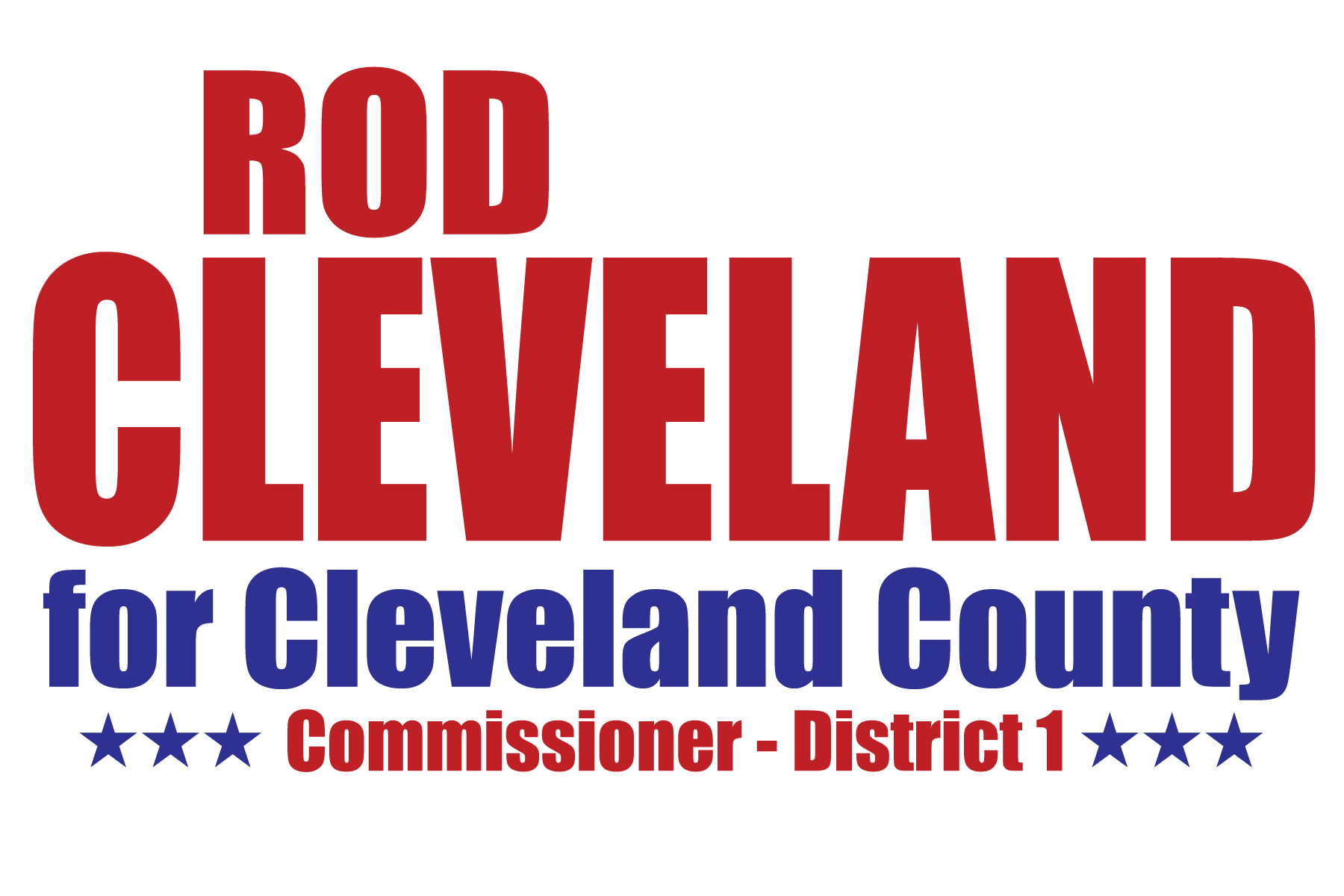As a County Commissioner, I have responsibilities beyond maintaining the county’s highway road system and administrating county government. County Commissioners across the state sit on advisory and administrative boards. One such board that I sent on is the Department of Environmental Quality Solid Waste Management Advisory Council. I am an appointment by Governor Fallin as the representative of County Commissioners.
The Solid Waste Management Advisory Council Advisory Council serves as the initial rule-making body for the Land Protection Division and operates under the authority of the Oklahoma Solid Waste Management Act. The Advisory Council holds public hearings, reviews solid waste issues, and provides expertise about various solid waste issues. All solid waste rules and regulations must first be reviewed and approved by the Advisory Council before being recommended to the Environmental Quality Board. Once approved by the Environmental Quality Board, the rules proceed to the State Legislature and the Governor for final approval. The Council is composed of nine members who represent specific areas of expertise as described by 27A O.S. § 2-2-201(E), the Oklahoma Environmental Quality Code.
At the January 15th meeting, the Advisory Council approved several rule changes. These purposed rule changes were presented in the September. This gave notice to the public.
Chapter 515 Management of Solid Waste – Used Tire Processing, Certification, Permits and Compensation.
The rule change removes the regulatory requirement that is now unattainable, make the rule changes as an 
The Department proposed to amend OAC 252:515-21, 71 by removing the requirement that fifty percent of priority cleanup list tires come from illegal dumps. Due to the success of tire dump remediation efforts, the current percentage requirements is now unattainable. There were over 300 illegal tire dump sites identified when this began. The Department now has identified fewer that 90. The Advisory Council voted to approve.
The Department purposed to amend OAC 252:515-21-51 requiring Used Tire Manifest to have four parts and carbon-less. The amend would also include electronic manifest because today’s technology allows for affective electronic reporting. The Advisory Council voted to approve.
The Department purposed to amend OAC 252:515 Subchapter 41, Roofing Material Recycling, by clarifying closure cost estimate procedures found at OAC 252:515-41-15(c). Currently Roofing Material Recycling Facilities are required annually to submit closure cost to the LPD of DEQ. They are required to get 3 bids. This amendment takes the average of the three bids to establish the closure cost for the facility. The Advisory Council voted to approve.
The Department purposed to amend OAC 252:515 Subchapter 15, Applicability and Subchapter 1, General Provisions, by requiring gas monitoring probes to be constructed with a sampling port to make sampling techniques more consistent and allow a representative sampl to be obtained without purging or emitting gas to the atmosphere. Also renaming the Subchapter 15 as Methane Gas Monitoring and Control to correct a past error in naming the Subchapter. This sampling port requirement is estimated to cost no more than $50 per sampling vent. The Advisory Council voted to approve.
The Department is proposing to amend OAC 252:515 Subchapter 3, Permit Provisions and Applications, by allowing DEQ to specify timelines within permits for construction and operation of new disposal facilities. The amendment allows the DEQ to create an applicable timeline or expiration date of completion and operation of a solid waste facility. This prevents an entity from applying and receiving a permit and sitting or delaying the construction. This also prevents an entity from using a permit as an endorsement by DEQ. The Advisory Council voted to approve with one dissenter.
This is my 2nd year on the Solid Waste Management Advisory Council and the most meeting was the most substantial. The next purposed meeting will be in April if necessary depending on purposed legislation that may affect current rules.


